General & Restorative Dentistry

Overlay: A Comprehensive Look
Understanding Overlay
Overlays cover a larger portion of the tooth, including one or more cusps, making them ideal when damage is more extensive. Crafted from strong, natural-looking ceramic, they restore strength and appearance without needing a full crown.
Benefits:
Natural Appearance
Blend seamlessly with the surrounding teeth, making them almost undetectable.
Durability
Ceramic, being a strong material, can withstand the forces of biting and chewing and can last many years with proper care.
Biocompatible
do not cause any allergic reactions and are compatible with the body.
Conservative Treatment
require less removal of the tooth structure compared to traditional restorations.
Protection
By filling the space left by decay or a cavity, prevent further decay and damage.
The Process:
Diagnosis and Consultation
Initially, a thorough examination of the tooth is done, often accompanied by X-rays to determine the extent of the damage.
Tooth Preparation
After numbing the area, the decay or damaged portion of the tooth is removed. This leaves a space that the restoration will fill.
Impression
An impression of the tooth is taken, either traditionally with mold materials or digitally with advanced scanners.
Temporary Restoration
Since this kind of restorations need to be fabricated in a lab, a temporary filling might be placed to protect the tooth.
Placement
On the next visit, the custom-made restoration is checked for fit and aesthetics. Once the fit is confirmed, it is cemented into place.
Inlays vs. Fillings, Onlays, and Overlays:
Fillings
Traditional fillings are applied directly to the cavity and set in place, whereas inlays are pre-formed and then bonded to the tooth.
Onlays
While inlays cover the inner cusps of the tooth, onlays extend to replace one or more cusps.
Overlays
They cover the entire chewing surface of the tooth.

Get Appointment
Contact us any suitable way and make an appointment with the docter


